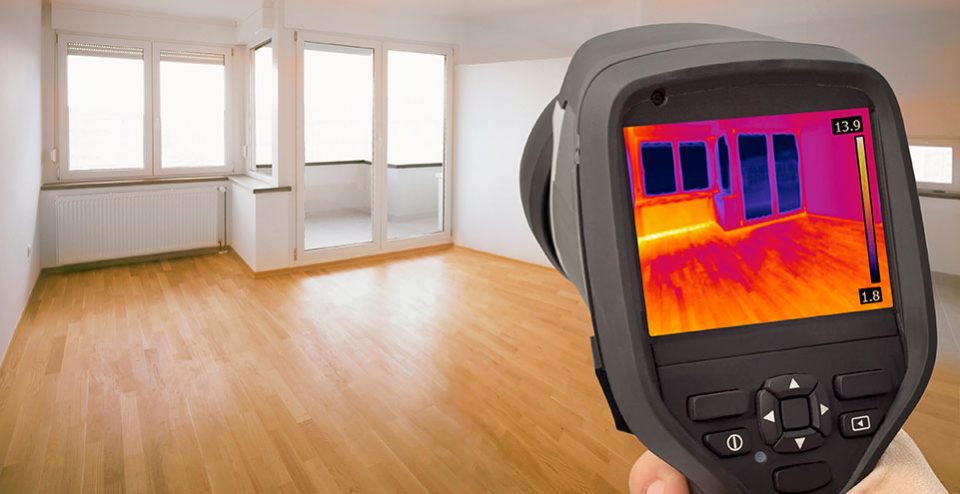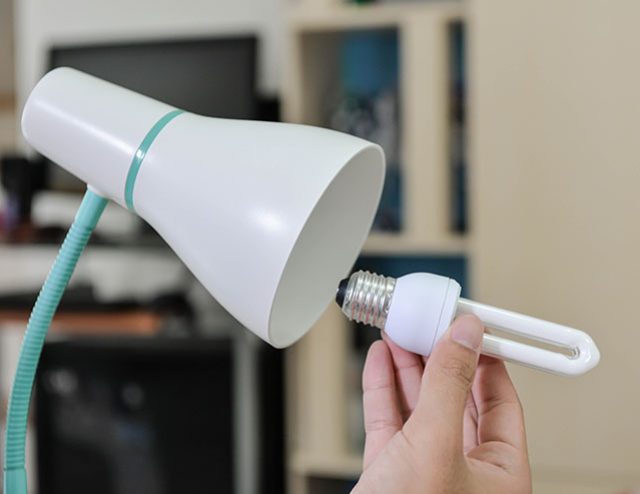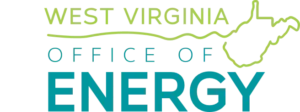Commercial/Industrial Energy Efficiency Technical Assistance
Through a partnership with the WVU Statler School of Engineering the WV Office of Energy is helping West Virginia industries succeed by providing no-cost technical assistance and energy assessment services to improve the energy efficiency and productivity in facilities for manufacturers, commercial establishments, school districts and municipalities in West Virginia, while providing engineering students real-world training experience.
The Projects with Industry and Industries of the Future programs allow participating students to receive credit in two 3-credit-hour senior and graduate design classes offered at WVU and over 70 hours of hands-on experience per semester. Projects focus on energy assessments, as well as process and technological improvements. During the past 5 years this program has:
- trained more than 350 students with many receiving job offers after their experience
- provided 200 technical assistance and energy assessments
These projects provided more than 10,000,000 kWh, 60,000 MMBtu and $650,000 in energy and cost savings to West Virginia businesses.
Commercial Energy Conservation and Code Training Programs
West Virginia’s building code includes energy codes for new commercial construction. The adopted code for commercial buildings in West Virginia is ASHRAE 90.1-2007.
The WV Office of Energy provides support for seminars and workshops to train architects, engineers and code officials in West Virginia on how to meet advanced ASHRAE codes cost-effectively in the state. The seminars also provide training on how to design/operate a net-zero commercial building, and other areas of energy efficiency and conservation.
Energy Efficiency Resources Available to WV Businesses
Utility Rebate Programs: West Virginia electric utilities offer rebate programs to help reduce costs of energy efficiency upgrades in businesses.
WVU Manufacturing Extension Partnership provides foundational support services ranging from manufacturing process improvement and quality systems to health and safety, energy assessments, and more. The focus of these services is to maximize your productivity and optimize the knowledge of your workforce.
WVU Industrial Assessment Center provides small- and medium-sized manufacturers with no-cost assessments to identify opportunities for improving productivity, maximize energy efficiency and reduce waste. The IAC team consists of graduate-level engineering students that perform detailed process detailed process analyses and generate specific recommendations with estimate costs, performance and payback periods.
Projects with Industry: At WVU provides manufacturers, commercial establishments, school districts and municipalities in West Virginia with assistance to improve the energy efficiency and productivity in their facilities, while providing senior student design teams from the Mechanical and Aerospace Engineering Department at West Virginia University real-world, hands-on experience.
For information or to find out how to apply for assistance, contact Karen.R.Lasure@wv.gov
Residential Energy Efficiency
West Virginia’s building code includes energy codes for new residential construction. The state has adopted the 2009 International Energy Conservation Code for homes. As of 2015, nine counties and 51 cities and towns have adopted the state building code.
You may find a list of home energy raters and testers at www.wvtestersraters.info.
The Home Energy Saver helps consumers identify the best ways to save energy.
In West Virginia, electric utilities also offer programs to help reduce energy use in homes. View Appalachian Power’s suite of programs at Take Charge WV. Check out the programs available from First Energy.
The U.S. Department of Energy’s Office of Energy Efficiency & Renewable Energy publishes a comprehensive resource at https://energy.gov/eere/office-energy-efficiency-renewable-energy.



